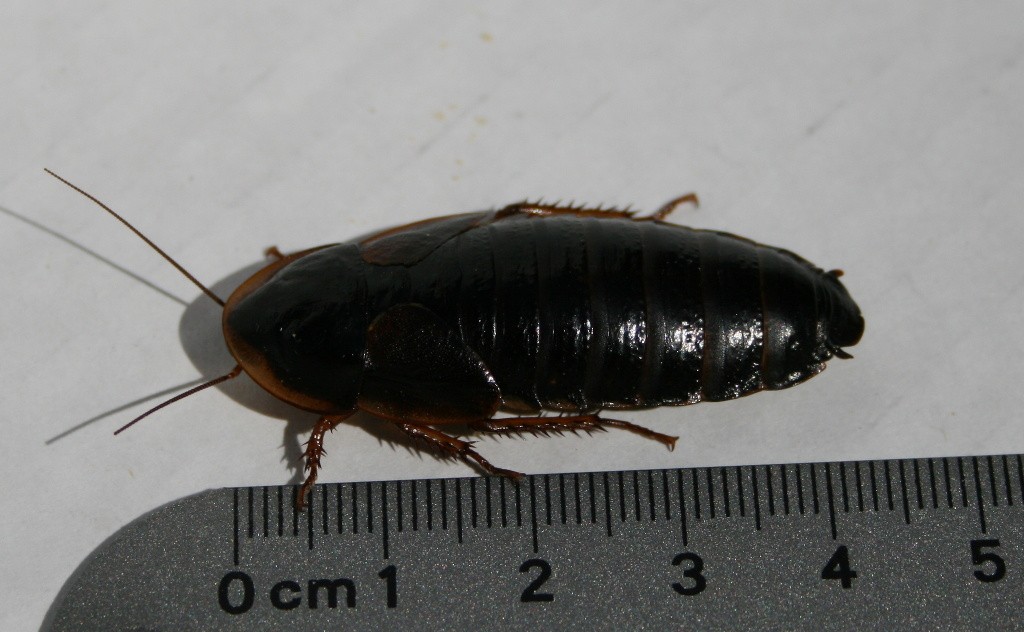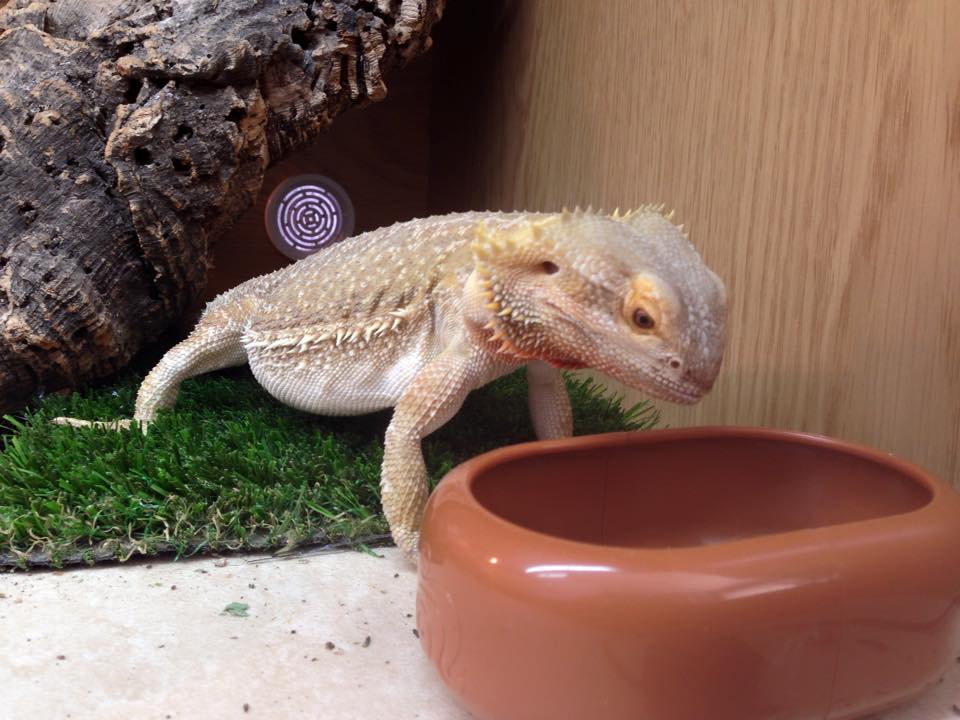Dubai roach is a popular food item amongst reptile and amphibian keepers. Here is how to look after them.
Are Dubai roaches a good food item?
Dubai roaches are easily digestible and are available in a range of sizes, making them suitable for most sized reptiles or amphibians. They are also easy to keep, silent, don’t have an odour and cheap to feed so an all-round good choice.
What should I keep my Dubai roaches in?
Dubai roaches should be transferred from the plastic tub they arrive in into either a large, plastic carrier or a RUB, just make sure there is adequate ventilation. Dubai roaches cannot climb, so a cage that is longer than it is tall is better for them.
Give them egg cartons or toilet tubes to hide in and keep them somewhere dark.
As they are a tropical species, they need high temperatures to survive. Keep them on top of your vivarium or on a heat mat. Check them daily and remove any dead roaches as soon as you see them to prevent the spread of disease.
What should I feed my Dubai roaches?
Like other species of roach, Dubai roaches will eat pretty much anything, but you need to make sure you feed them with good food so they are nutritious for your pet.
Dried dog or cat food, oats or bran can be fed along with fresh fruit and vegetables like banana, carrot and potato. Remove any uneaten fresh food regularly to prevent mould from growing.
For water, give them Bug Gel which is a jelly-like substance that offers them a way to hydrate. Just put some in a shallow bowl or jar lid and change is daily, otherwise, it will go mouldy. Water bowls are easily tipped over and they can drown in them.
How do I feed Dubai roaches to my reptile or amphibian?
Pick them up with tongs and put them into a bag with vitamin dust or calcium before tipping them into a bowl and offering to your pet.
If my Dubai roaches escape, will they infest my house?
Dubai roaches are a tropical species, requiring a high temperature to breed, so I wouldn’t worry if the odd one escapes. They won’t infest your house!
If you want to read more, check out my Live food FAQs and to see how to look after different species;


